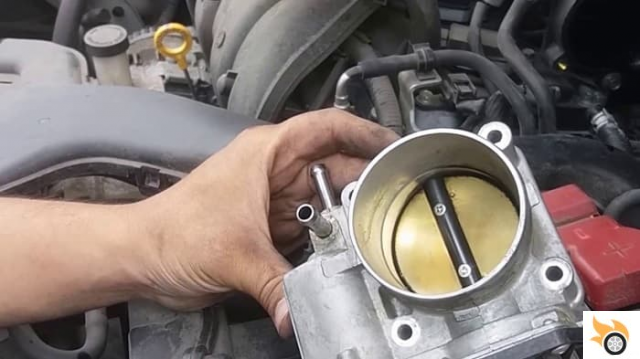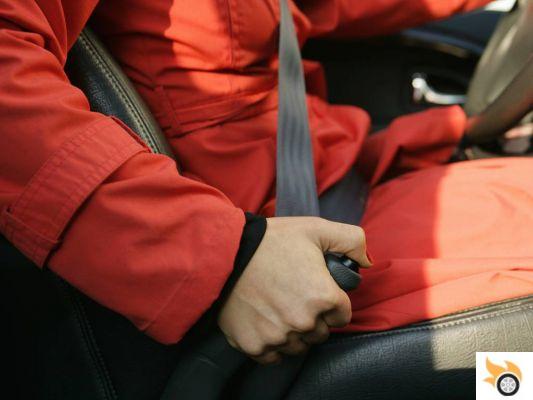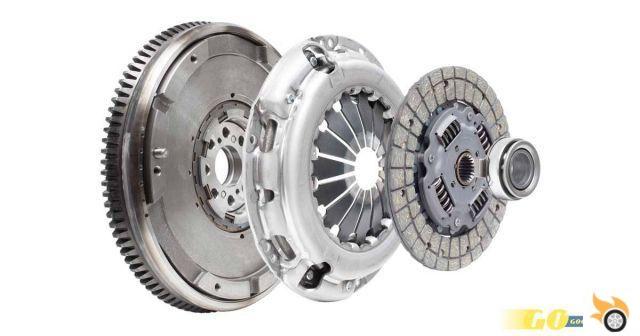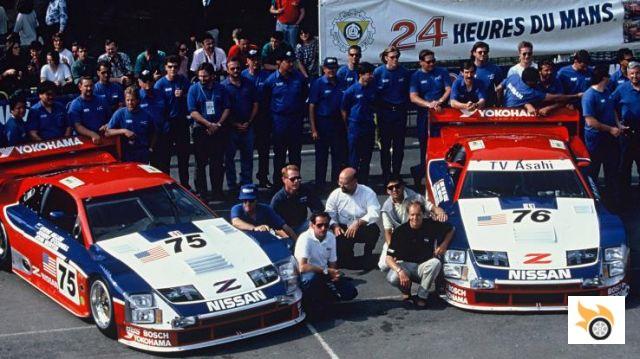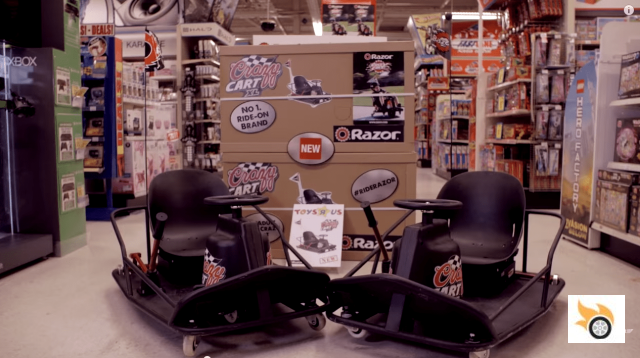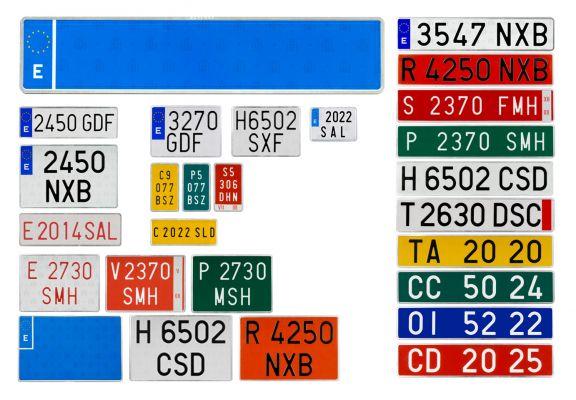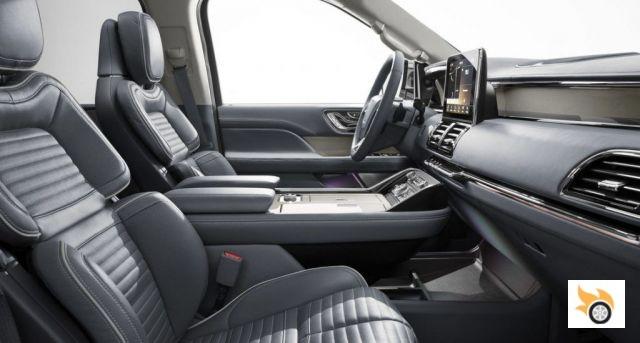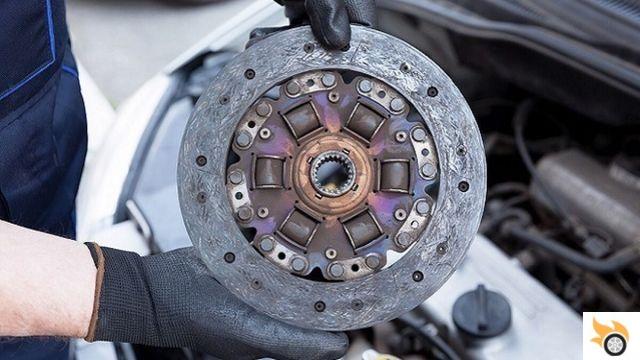
The clutch is one of the most important parts of a car, since it allows you to change gear and control the transmission of power from the engine to the wheels. However, over time and constant use, the clutch can present various problems and symptoms that it is important to be aware of in order to detect them in time and avoid major breakdowns. In this article, we will provide you with information on the most common symptoms and problems related to a car clutch, as well as tips for its maintenance and early detection of possible failures.
Symptoms of clutch problems
There are several symptoms that may indicate a problem with your car's clutch. These are some of the most common:
1. Bearing wear
One of the most obvious symptoms of a clutch problem is bearing wear. This can manifest itself through strange noises when you press the clutch pedal, such as squeaks or creaks. Additionally, you may feel unusual vibration in the pedal or notice that the clutch sinks more than normal when depressed. If you experience any of these symptoms, it is advisable to go to a specialized workshop to check the condition of the bearings and make the necessary repairs.
2. Collar failure
Another common clutch related problem is a failed collar. The collar is a piece that is part of the clutch system and its main function is to facilitate the displacement of the clutch disc. If the collar is damaged or worn, you may experience difficulties when changing gears, such as a hard shift or difficulty engaging gears. In addition, it can also cause noise when you press the clutch pedal. If you suspect a problem with the collar, it is important to go to a workshop to carry out a thorough inspection and make the necessary repairs.
3. Poor clutch master cylinder
The clutch pump is another of the fundamental parts of a car's clutch system. If the clutch master cylinder is bad, you may experience difficulties when pressing the pedal, such as increased resistance or even the inability to press the pedal. In addition, it can also cause clutch fluid to leak, which is a clear symptom of a master cylinder problem. If any of these symptoms are detected, it is important to go to a workshop to have the clutch master cylinder checked and replaced if necessary.
4. Noises when stepping on the pedal
If you hear strange noises when you press the clutch pedal, such as squeaks, creaks, or buzzes, there may be a problem with the clutch system. These noises can be due to different causes, such as the wear of the bearings, the failure of the collar or even the presence of foreign objects in the system. In any case, it is important to go to a workshop to carry out a thorough review and determine the exact cause of the noise.
How to detect if the clutch is failing
In addition to the symptoms mentioned above, there are other ways to detect if your car's clutch is failing. Here are some of the signs you should pay attention to:
1. Difficulty changing gear
If you notice that you're having trouble shifting, either because the shift is rough or because you're having difficulty engaging gears, there may be a problem with the clutch. This may be due to excessive wear on the clutch disc or a malfunction of other system components. In any case, it is advisable to go to a workshop to carry out a review and determine the exact cause of the problem.
2. Smell of burning
If you notice a burning smell while driving your car, especially when you step on the clutch pedal, there may be a problem with the system. This smell may be due to overheating of the clutch disc due to poor adjustment or excessive wear. If you detect this smell, it is important to go to a workshop to carry out a review and make the necessary repairs.
Clutch Maintenance Tips
To avoid problems and breakdowns in your car's clutch, it is important to follow some maintenance tips. Here are some of the most useful:
1. Avoid pressing the clutch unnecessarily
One of the main causes of premature clutch wear is stepping on the clutch unnecessarily. For example, keeping your foot resting on the clutch pedal while driving or using it as a footrest can cause excessive wear on the clutch disc. It is therefore important to only use the clutch when necessary, i.e. when changing gear or stopping the car.
2. Make smooth gear changes
Another important tip is to make smooth, smooth gear changes. A sudden gear change can cause excessive wear on the clutch and shorten its life. Therefore, it is advisable to change gears smoothly and progressively, avoiding sudden acceleration or braking.
3. Keep the clutch system clean
It is important to keep the clutch system clean and free of dirt or debris. The accumulation of dirt can affect the correct operation of the clutch and cause problems such as slipping of the clutch disc. Therefore, it is advisable to periodically clean the clutch system using specific products and following the manufacturer's instructions.
Frequently Asked Questions (FAQs)
1. How long does a clutch usually last?
The duration of a clutch can vary depending on various factors, such as the type of driving, the conditions of use and the maintenance carried out. In general, it is estimated that a clutch can last between 80.000 and 120.000 kilometers, although this can vary considerably. It is important to carry out proper maintenance and be attentive to the symptoms of possible problems in order to detect any failure in time.
2. Is it possible to repair a clutch instead of replacing it?
In some cases, it is possible to carry out repairs on the clutch instead of completely replacing it. This will depend on the type of fault and the general condition of the clutch. In case of detecting a problem, it is advisable to go to a specialized workshop to carry out an evaluation and determine if it is possible to carry out a repair or if it is necessary to replace the clutch completely.
Conclusion
The clutch is a fundamental part of a car and it is important to be aware of the symptoms and problems related to its operation. In this article, we have provided information on the most common symptoms of clutch problems, such as bearing wear, bearing failure, poor clutch master cylinder and noise when depressing the pedal. We have also offered tips for clutch maintenance and how to detect possible failures. Remember that it is important to go to a specialized workshop in the event of any symptom or problem to avoid major breakdowns and guarantee driving safety.
Until next time.




